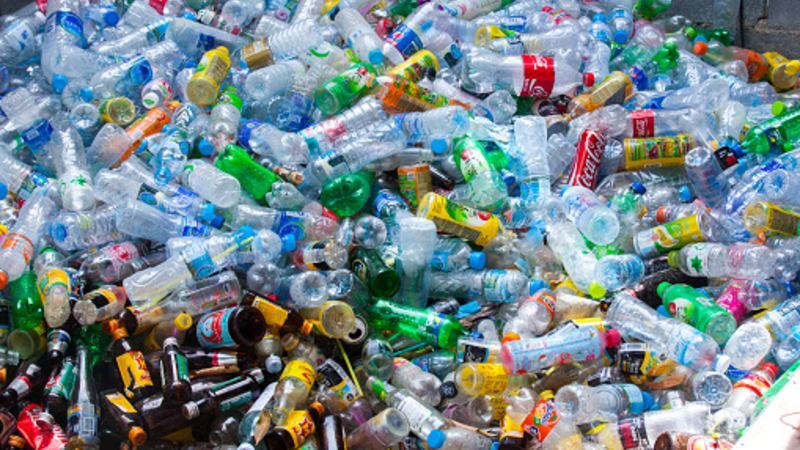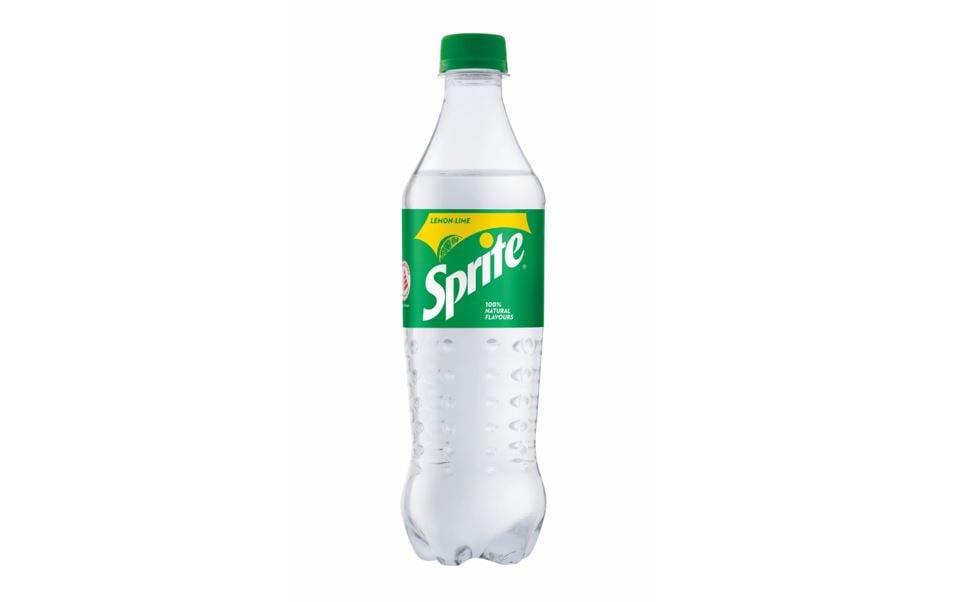The government-led New Zealand CRS is currently being designed by a Design Working Group, and a report is due to be completed and discussed by ministers within the year – but the current design has already been blasted by the New Zealand F&B industry as ‘costly’, ‘bureaucratic’, and almost-certainly going to raise beverage costs and prices, which will be passed on to consumers.
“[The] problem with it as proposed so far is its design and the size of the redemption the councils want [in] order to give them a bigger piece of the revenue pie,” New Zealand Food and Grocery Chief Executive Katherine Rich told FoodNavigator-Asia previously.
“[The extra incurred costs] will have to be passed on and borne by consumers [as] it is massive on a per unit basis, way beyond what could be absorbed by any manufacturer.”
Australian Beverages Council CEO and International Council of Beverage Associations (ICBA) Asia Pacific Regional Group Executive Director Geoff Parker concurred with Rich, saying that the design does leave much to be desired and recommending that the New Zealand government work more closely with industry on this.
“Every State and Territory of Australia has committed to the introduction of a Container Deposit or Refund Scheme (CDS) by 2023, [and] each scheme is operated by the beverage manufacturing industry in conjunction with a not-for-profit organisation created to establish and run each scheme,” he told FoodNavigator-Asia.
“As a result of [these widespread CDS nationally], there are a number of key elements that other governments [such as New Zealand] might consider in relation to the successful design and implementation of CDS elsewhere - The most important of these is to view the beverage industry as a trusted partner, with immense experience in successfully running these schemes around the world.”
He highlighted that there is no one-size-fits-all approach to designing a good CDS, as the needs and challenges faced in different countries would differ, but regardless of this, the drinks industry in each country would be the best placed to lead the scheme’s design and implementation due to both experience and understanding of the local market.
“Across APAC, various countries will have different approaches to CDS and different barriers to operating an efficient, industry-operated model [but the one constant is that] partnering with the drinks industry [will allow] governments to achieve high efficiency schemes at the lowest cost to consumers,” said Parker.
“It’s also important to note that CDS are costly to establish and only address one part of the litter or waste stream. As such, these types of schemes won’t be the best solution for every market, and ultimately the local beverage industry is best placed to know what kind of producer responsibility scheme is best suited to the market.”
Harmonisation and community involvement are key
With high costs already in play to develop such schemes, Parker also advised a non-fragmented, harmonised national approach to CDS development for a country from the get-go, as this would help to prevent extra incurred charges moving forward.
“[Even currently in Australia], there are some differences [between the CDS in different States and Territories] which add cost to the operation of the schemes,” he said.
“[This] is being borne by beverage manufacturers and ultimately consumers, so efforts to align or harmonise CDS is incredibly important to deliver an efficient network of CDS across the country, so across Australia, there is already a commitment between States and Territories to harmonise their respective schemes.
“This covers the common refund amount across jurisdictions in each country or region [of A$0.10 (US$0.072)], common labelling, consistent KPI targets on redemption rates and a range of other elements that can be harmonised.”
According to New Zealand Associate Minister for the Environment Eugenie Sage, the CRS being designed is basically ‘New Zealand’s recycling system’, but the two main regional councils co-ordinating the scheme are the Auckland Council and Marlborough District Council as per the Ministry for the Environment website.
In addition to harmonisation, Parker also stressed on the importance of community involvement based on the Australian beverage industry’s experiences.
“[Our] more recent experiences indicate that successful schemes are not only those operated by the beverage industry, but are based on a not-for-profit scheme coordinator model, such as in Queensland and Western Australia,” he said.
Benefits of a CDS/CRS
Overall though, Parker said that CDS and CRS schemes do bring merits across the board for consumers, governments and industries – but only if properly designed.
“CDS provides industry with an uncontaminated or ‘clean’ waste stream which is ideal for recycling purposes [and] also benefits the communities in which it operates by providing environmental, social and financial benefits to the community through ways such as litter reduction, engagement with community groups, and a cash refund for every drinks container returned,” he said.
“[So if governments choose to consult] with industry and the community to deliver a [truly] low-cost, highly efficient CDS operated by the drinks industry, they can successfully implement a scheme [which can eventually lead to] reduced beverage litter, higher recycling rates and the development of better related infrastructure.”
All Australian states except Victoria and Tasmania already have CDS in operation, and these two states will also implement such schemes by latest 2023. Australian schemes cover most common beverage container materials such as glass, plastic (PET and HDPE), aluminium, liquid paperboard and steel.





